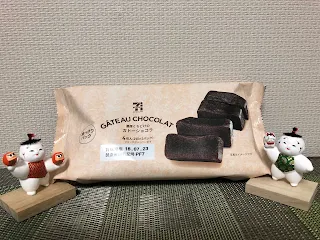In Japan, shadowing is a very famous English learning technique recommended by many English teachers and websites. Repeating after the speaker requires more concentration than that required otherwise and when we can't catch what the speaker says, our mouths stop moving. More concentration should improve listening skills and pronunciation. I've been doing this for a long time and recommending it to others as well. However, some native speakers criticize the technique, saying that a language can only be learned through communication with others. In a sense, this is true.
In conclusion, shadowing is effective, but not enough. The reason why Prime Minister Abe has been always parroting, oops, rephrasing what Trump says is that he's done shadowing too much......
リスニング力を上げる方法としてシャドーイングは有名で、勧める人は多い。流し聞きだとBGMに終わってしまうことが多いが、シャドーイングだと、聞けていないと自然に口が止まるので集中力が高まり、いい方法なのではないか。ただ、日本以外では、言葉はコミュニケーションの中で学ぶべきだ、という批判的な声もあるらしい。ここで長年やってきた私の意見を言わせてもらうと、シャドーイングはリスニング力向上には役立つが、スピーキングの向上には役立たない、と思っている。
スピーキングって聞くだけじゃだめだ。相手が言わんとしていることを理解して、自分の考えを相手に的確に伝える能力が必要だ。そして相手を理解し、自分を伝えるには、日本人が最も苦手とする、「自分の考えを整理し、それを言葉にする」という能力が求められる。これがね..... そもそも日本ではいちいち考える人間より、「考える前に動く」人間の方が重宝されるでしょ。学校教育は変わったといっても、仕事の場ではまだまだロボットを好む傾向が強いのではなかろうか。
というわけで結論。シャドーイングはリスニング力向上には役立つがそれだけのこと。安倍首相がトランプ大統領の言ったことをほとんど猿真似しているのは、シャドーイングのやりすぎなのかもね。





